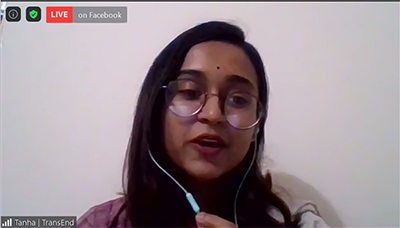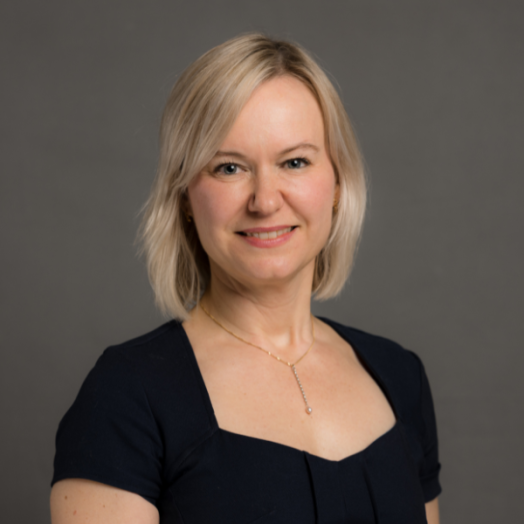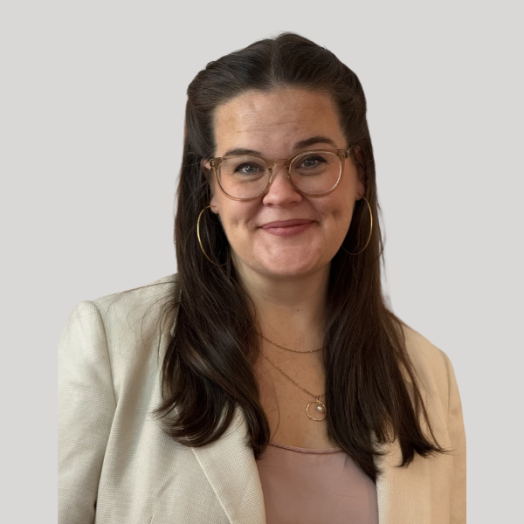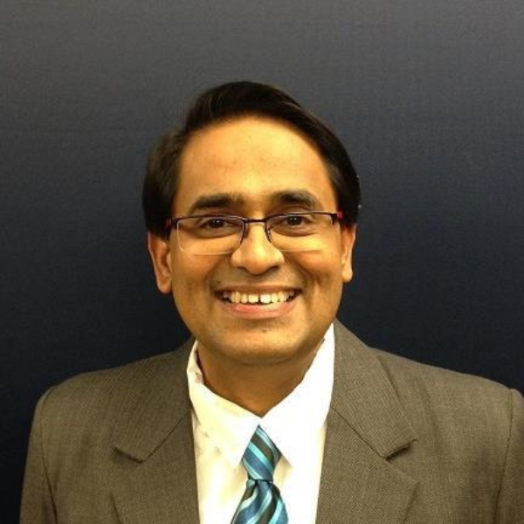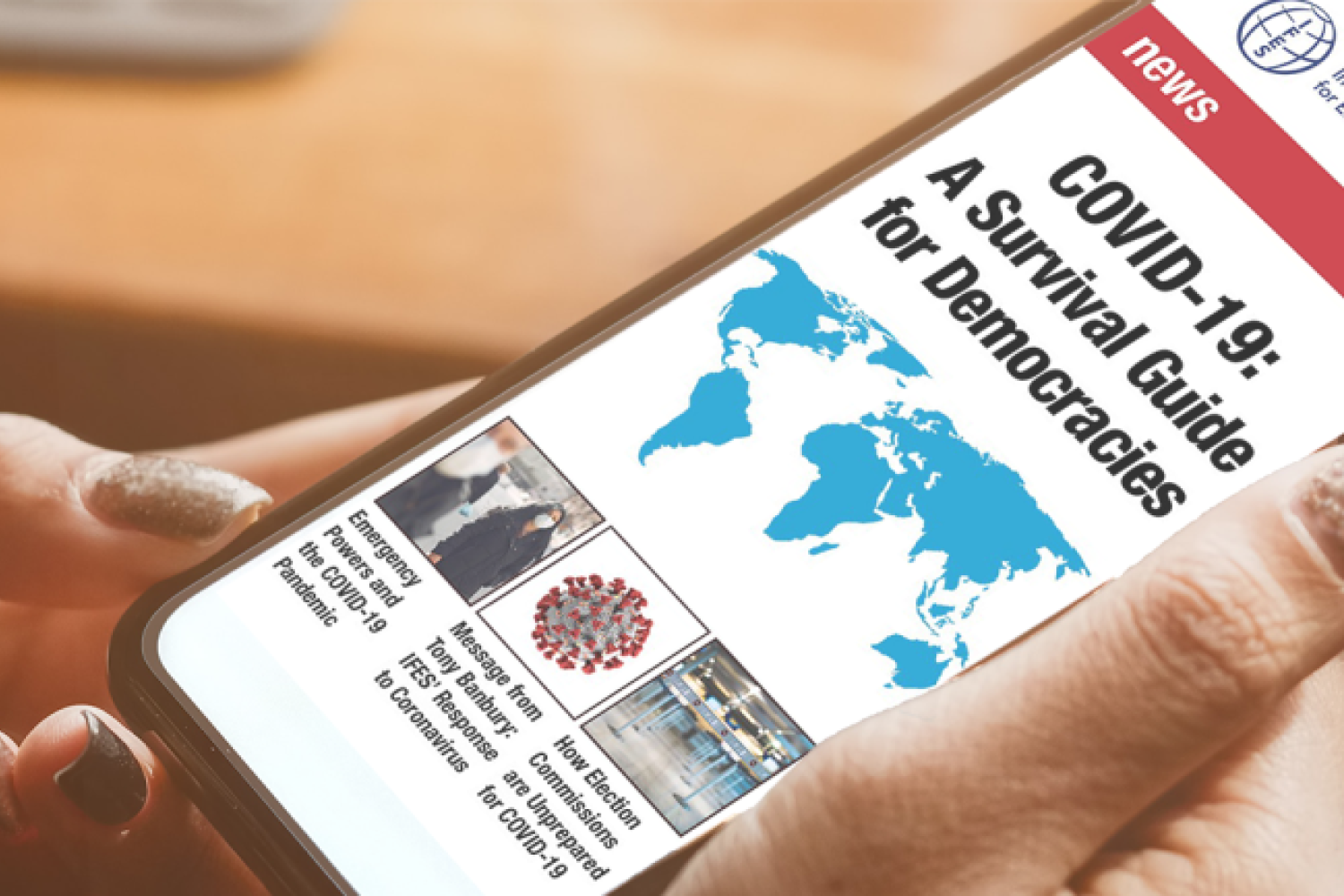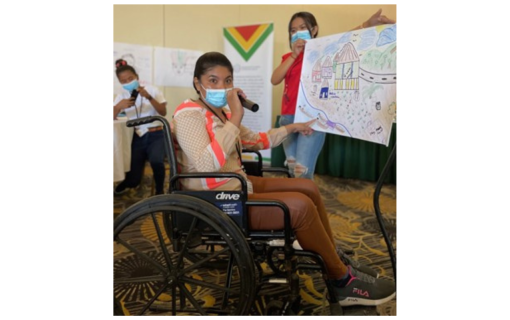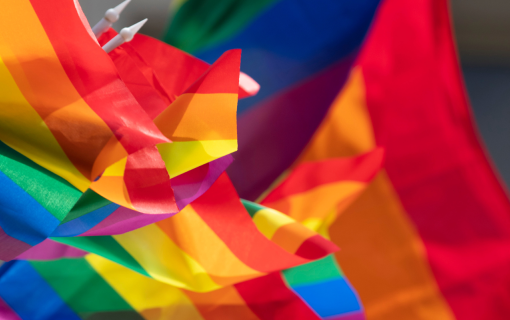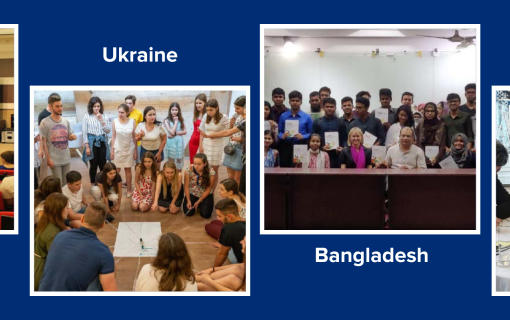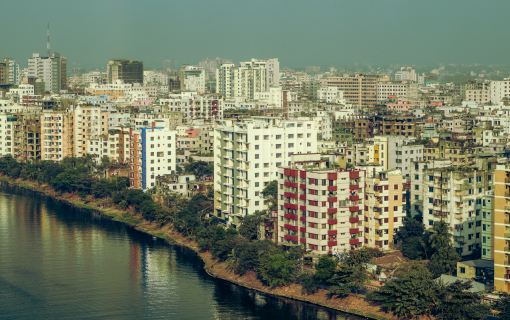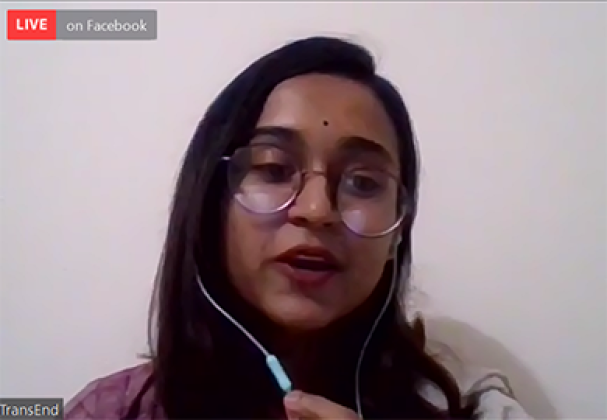
Students Against Violence Everywhere Celebrate International Day of Tolerance in Bangladesh
In recognition of the International Day of Tolerance on November 16, Bangladesh’s Students Against Violence Everywhere (SAVE) – a student-run group partnering with the International Foundation for Electoral Systems (IFES) and UK aid to provide alternatives to violent conflict – hosted an online forum to promote inclusivity and religious, ethnic and cultural tolerance across Bangladesh universities. A total of 259 joined the online event, with speakers from IFES, Dhaka University (DU), Shahjalal University of Science and Technology (SUST), the SAVE student network and numerous local nongovernmental organizations leading discussions highlighting how young people are building tolerance and inclusion in their communities and universities. IFES Country Director for Bangladesh Silja Paasilinna spoke of the SAVE students, “I was struck by what steps students have taken to promote tolerance in Bangladesh and I wish this program was available throughout the world.” Paasilinna, along with Dr. Aynul Islam of DU and faculty from SUST reinforced the need for youth leaders to promote tolerance and respect for the many cultures, forms of expression and means of existence practiced by the people of Bangladesh and the world at large.
“I was struck by what steps students have taken to promote tolerance in Bangladesh and I wish this program was available throughout the world.” – IFES Country Director for Bangladesh Silja Paasilinna
The SAVE network is informed by IFES’ “People Against Violence Everywhere” (PAVE) program, a series of workshops providing participants with an understanding around conflict, violence and peace that promotes plurality and accountability, builds resilience and teaches conflict-mitigation skills. The SAVE network, comprised of students, faculty and alumni spanning 12 universities, gives students space to take lessons learned into their campuses and communities and a forum to share successes. The event’s speakers highlighted some of the SAVE network’s best and brightest, showcasing their individual efforts to better their world and promote a more tolerant society.
Mithun Daskabo, founder of Alokito Shishu, discussed how his organization worked across all 48 districts in Bangladesh throughout the COVID-19 lockdown, helping the most marginalized people in society. Daskabo’s organization worked to overcome intolerance, providing life skills training and material assistance to over 150,000 people, many of whom come from the impoverished Dalit community. As the Dalit community includes many persons with low literacy who are frequently employed as sex workers or street sweepers and live in slums, Daskabo needed to work beyond the judgment of some to impress the importance of fighting intolerance in all forms.
“I am fortunate enough to have learned empathy from my Mom, which led me to ask what I can do for this community.” – Lamina Tanzin Tanha, Founder and CEO of TransEnd
Lamina Tanzin Tanha, a second-year English student at DU, spoke of her work as founder and CEO of TransEnd, a nonprofit working to build tolerance and acceptance for the Hijra, Bangladesh’s transgender community. TransEnd runs training sessions for life skills, teaching Hijra English and computer skills and assisting with job placements. TransEnd has helped over 1,000 Hijra obtain food and hygiene products and placed 20 in jobs. Explaining why she became inspired to work with a marginalized community of which she is not a member, Tanha said, “I am fortunate enough to have learned empathy from my Mom, which led me to ask what I can do for this community.” She further described the need for tolerance and acceptance explaining, “People are tolerating the intolerance inflicted upon the Hijra. When we talk about feminism, why are we not talking about Hijra as well?”
Another young woman currently enrolled at DU, Khadiza Ahsan, discussed how her work running WeMen View is building on core values of promoting tolerance, fighting against hate speech and ensuring the safety of women and girls. WeMen View works with women and girls to reduce sexual harassment by targeting children and working to instill a basic understanding of good touch, gender equality and the concept of consent. Noting some of the lesser-known results of intolerance among women, Ahsan explained female militancy has been increasing due to gender inequality. “When women do not feel they have power, they are vulnerable and thereby susceptible to recruitment,” said Ahsan, who went on to explain, “We have to focus on gender roles and on children to ensure that we promote peace and tolerance!”
Nayem Molla, a Buddhist studies major at DU and disability and inclusion activist, presented on his personal journey to understand and appreciate religious differences in his community. Molla explained that after engaging in IFES’ PAVE Faith and Science workshop, he became interested in learning more about Islam to better understand his fellow citizens. “I started to learn the Hadith and found the text to be beautiful,” said Molla, who is leveraging advocacy experience to build religious tolerance at DU. Molla hopes that through opening dialogue between camps, understanding and tolerance can be built and combat a growing religious prejudice that has been reinforced by online disinformation during the COVID-19 crisis. When speaking to IFES staff, Molla explained why he feels so strongly about advocating for tolerance and inclusion, which underscored the theme of the event itself: A society that marginalizes a group of people does so to its own detriment. “I think a true democracy must be inclusive, it must represent everyone.”
Published on January 11, 2020.




